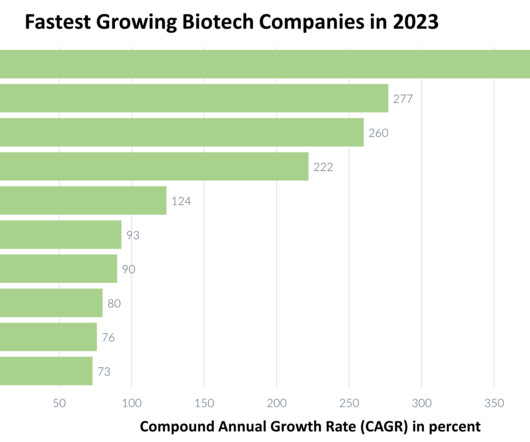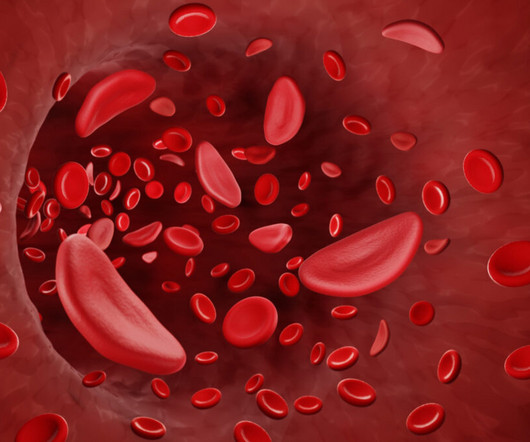Key Trends in the Life Sciences to Look Forward to in 2022
XTalks
DECEMBER 22, 2021
If the past year is anything to go by, then 2022 will also be a year marked by continued innovations in the life sciences. The development and widespread adoption of new technologies is key to revolutionizing the way we diagnose, prevent, treat and manage disease. The RNA Revolution: From mRNA Vaccines to RNA Editing.















Let's personalize your content